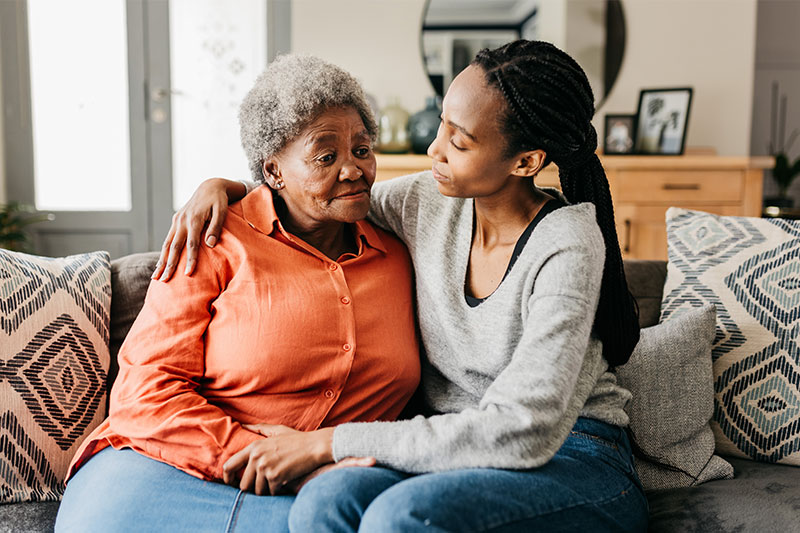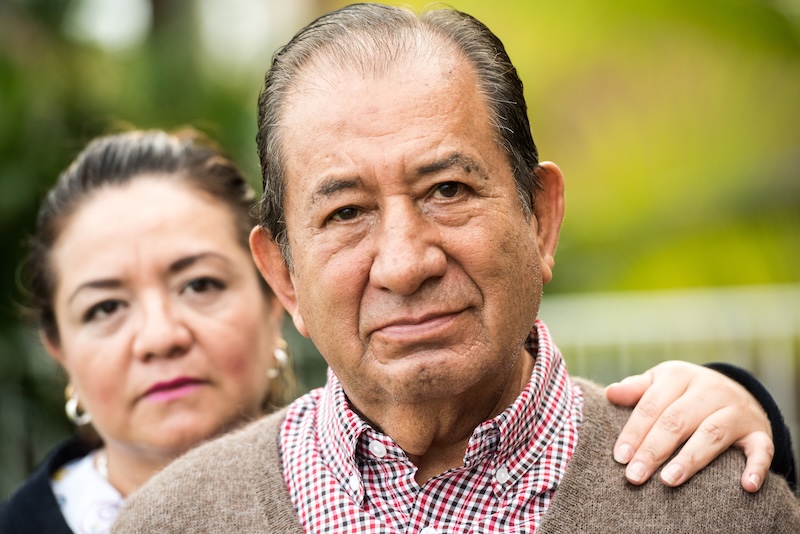When Is 24-Hour Care for Dementia the Right Choice?


Knowing when to seek 24-hour care for dementia can make a world of difference in safety, health, and peace of mind.
Dementia doesn’t follow a neat timeline. Some days feel manageable. Others feel overwhelming. As the condition progresses, changes in behavior, cognition, and physical health can leave you wondering if the current level of support is enough. Understanding when 24-hour care for dementia becomes necessary can help you make informed decisions that protect not only the safety and health of the person you love, but your own well-being as a caregiver.
Here are ten telltale signs that it may be time to consider around-the-clock care.
- Escalating Safety Concerns
Is the stove being left on? Are there new bruises, unexplained falls, or wandering episodes? As memory fades and judgment declines, risks increase. 24-hour care provides consistent supervision to prevent accidents and injuries. - Disrupted Sleep Patterns
Sleep changes are common in dementia, especially in the later stages. If the person is up at night, confused or agitated, it can disrupt everyone’s rest, leading to serious fatigue and stress. Nighttime support helps restore calm and consistency. - Loss of Independence in Daily Activities
Bathing, dressing, using the restroom, and eating may gradually become too difficult without help. A 24-hour caregiver provides compassionate assistance with dignity and respect, helping the individual feel safe and supported. - Declining Physical Health
Mobility issues, unsteady walking, and difficulty managing chronic conditions can make it harder to live safely without constant supervision. Trained caregivers can offer help with walking, transferring, and monitoring health symptoms. - Coexisting Conditions
When dementia coexists with conditions like diabetes or heart disease, it becomes harder to manage medications and watch for warning signs. With 24-hour care, someone is always available to observe changes and coordinate care promptly. - Frequent Emergency Room Visits
If the person has had multiple hospitalizations or close calls, it may be a sign that sporadic supervision at home isn’t enough. Consistent care can reduce preventable hospitalizations and help avoid crises before they happen. - Communication Barriers
As language and comprehension skills diminish, it can become difficult to understand needs or provide comfort. Skilled caregivers trained in dementia communication techniques can reduce frustration and foster connection. - Increased Behavioral Challenges
Agitation, anxiety, and aggression often emerge in the mid-to-late stages of dementia. Professional caregivers know how to de-escalate situations safely and with compassion, preventing harm and reducing stress for everyone involved. - Signs of Caregiver Burnout
Exhaustion. Irritability. Feelings of hopelessness. These are more than just bad days; they’re signals that you need more support. If you’re at your limit, it’s time to bring in help. - Threats to Personal Safety
If behaviors are escalating to the point where someone could get hurt, whether the individual or their caregiver, it may be time to consider care options that provide round-the-clock support, possibly in a care facility.
We’re Here With 24-Hour Care for Dementia
At Hired Hands Homecare, we understand the complexities of dementia and how deeply it affects every aspect of life. Our caregivers are specially trained to provide skilled, proactive care, whether it’s just a few hours a week or full 24-hour support.
We’ll work with you to find the right level of care for today, with the flexibility to adjust as needs change. Call us at (866) 940-4343 to learn more about in-home dementia care in Petaluma, Santa Rosa, Napa, and throughout the Bay Area.








Leave a Reply